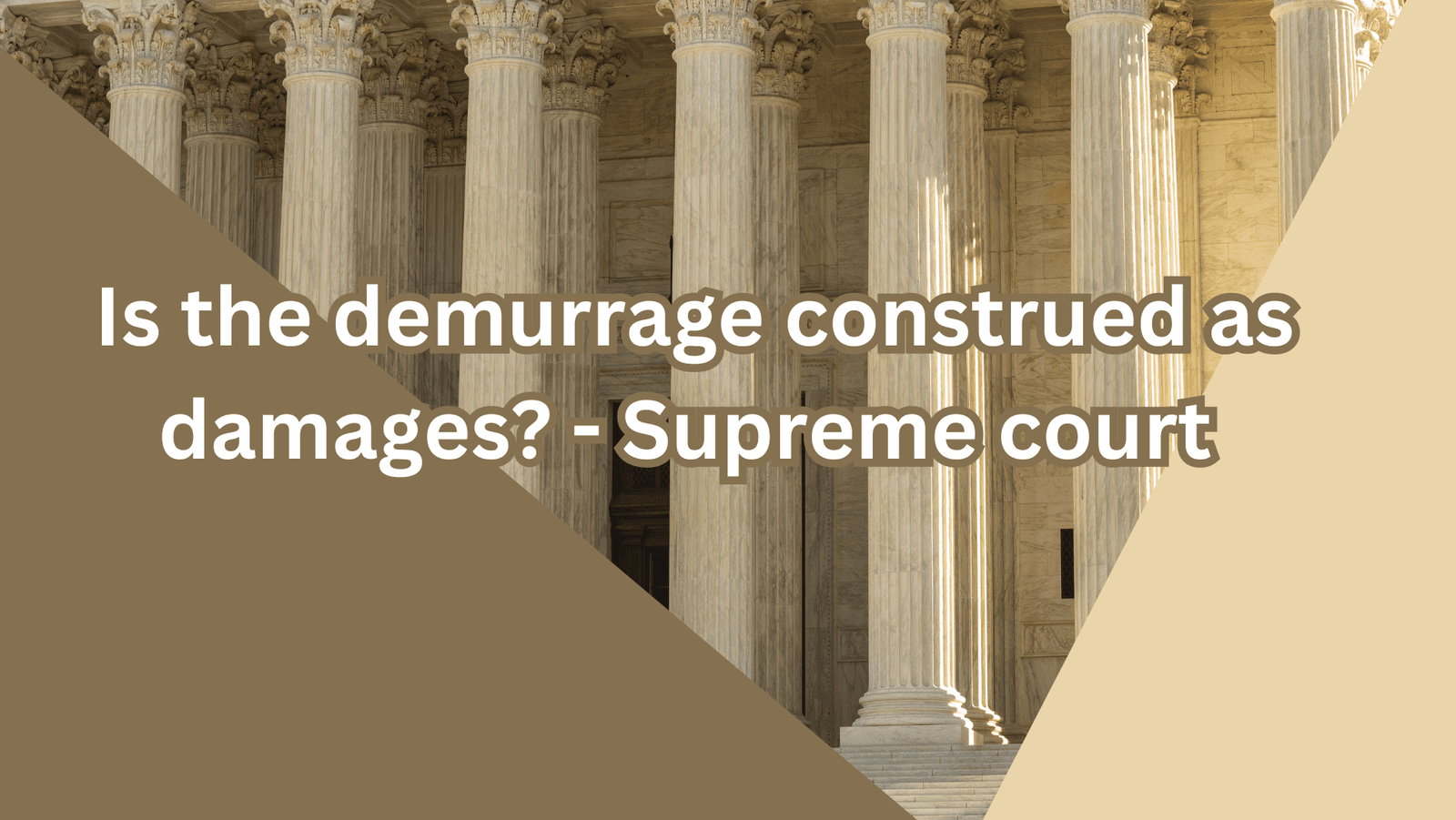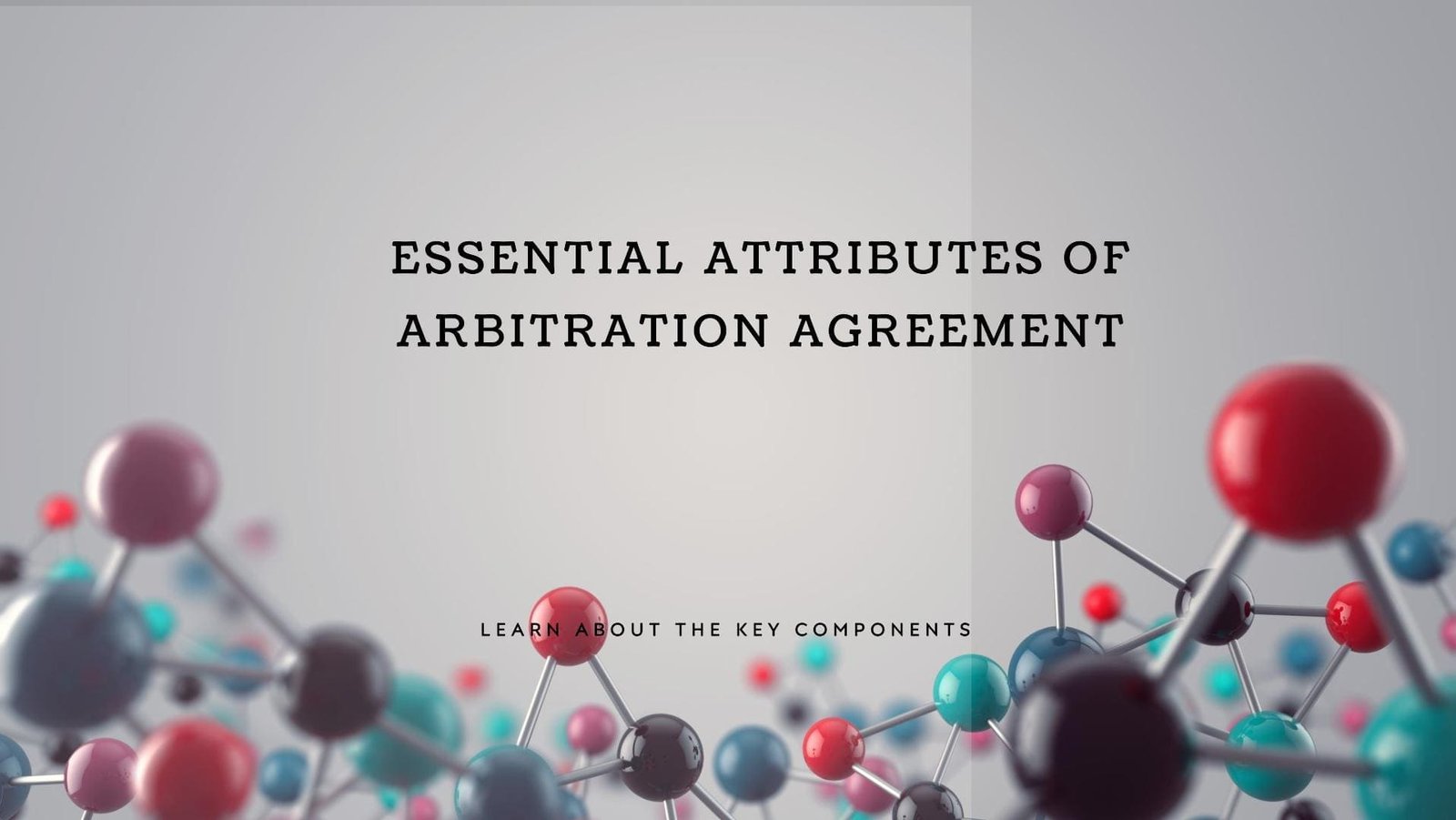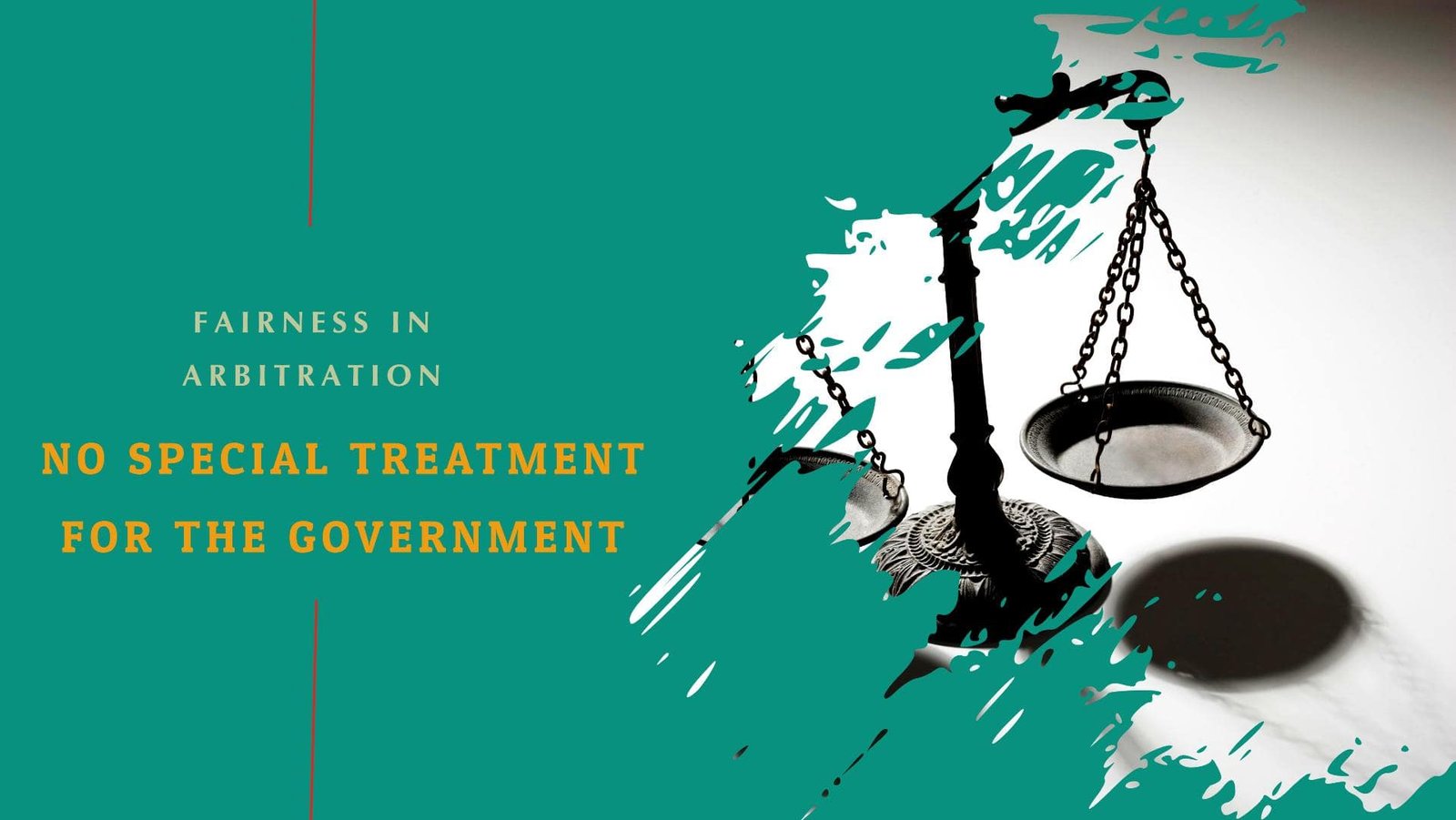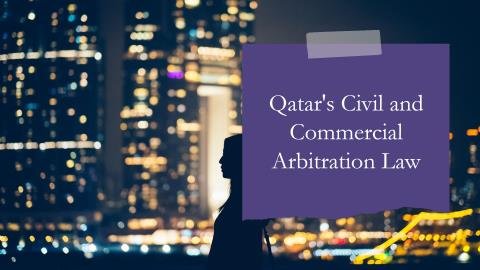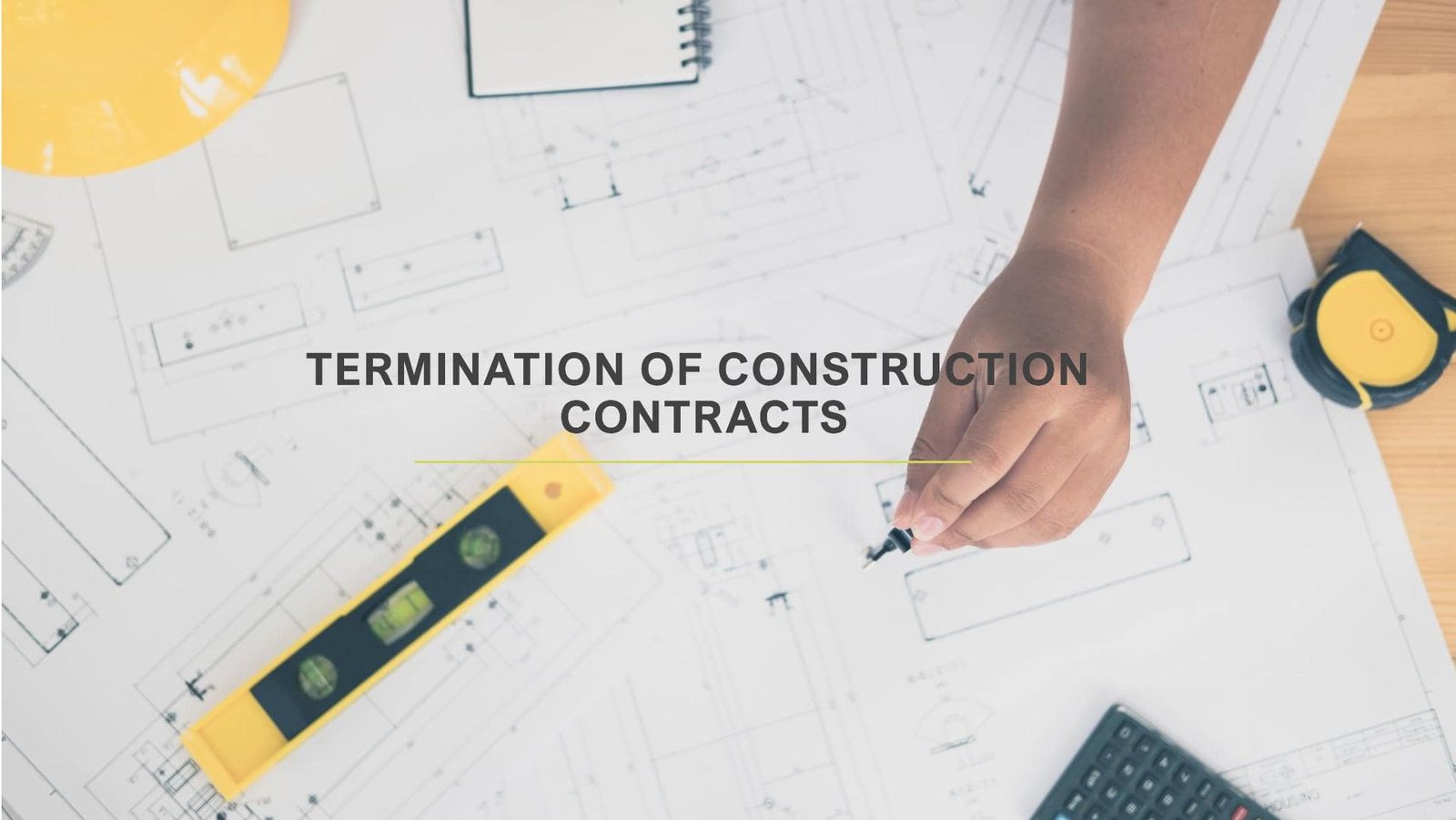Independent expert reports play a vital role in construction arbitration proceedings, providing objective assessments and analysis of technical issues, disputes, or claims related to construction projects. Here’s how independent expert reports are typically utilized in construction arbitration:
- Scope Identification: The parties involved in the construction dispute may agree or be instructed by the arbitrator to appoint independent experts to assess specific technical aspects of the project in question. These aspects could include architectural design, #engineering, construction methods, material quality, scheduling, or cost #estimation.
- Expert Selection: Independent experts are selected based on their qualifications, expertise, and experience relevant to the technical issues under consideration. They should have no vested interest in the outcome of the arbitration and must maintain impartiality throughout the process.
- Investigation and Analysis: Independent experts conduct thorough investigations, which may involve site visits, document reviews, interviews with project stakeholders, and analysis of relevant data. They use their expertise to evaluate the technical aspects of the project and provide insights into the issues in dispute.
- Report Preparation: Experts prepare comprehensive reports documenting their findings, analysis, and conclusions. These reports are typically submitted to the parties involved and may be exchanged during the discovery phase of arbitration proceedings.
- Expert Testimony: Independent experts may be called upon to provide testimony during arbitration hearings to explain their findings, methodologies, and conclusions. They may undergo cross-examination by opposing parties to assess the reliability and credibility of their reports.
- Assessment of Damages: In cases involving construction defects, delays, or cost overruns, independent experts may assist in quantifying damages by evaluating the impact of the disputed issues on the project’s schedule, budget, and quality.
- Assistance to Arbitrator: Independent expert reports help arbitrators understand complex technical matters and make informed decisions based on credible evidence. #Arbitrators may rely on these reports to assess liability, allocate responsibility, and determine appropriate remedies or damages.
- Rebuttal Reports: Parties may commission their own independent experts to prepare rebuttal reports challenging the findings of the opposing party’s expert. This process allows for a thorough examination of the technical issues from different perspectives.
- Settlement #Negotiations: Independent expert reports can also facilitate settlement negotiations by providing parties with objective assessments of the strengths and weaknesses of their respective positions, helping them reach mutually acceptable resolutions.
Overall, independent expert reports serve as valuable tools in construction arbitration proceedings, helping to clarify technical complexities, resolve disputes efficiently, and ensure fair outcomes for all parties involved in construction-related disputes.
For your #construction #Arbitration cases, please contact us at ram.s@adroitpmc.comfor an independent due diligence expert report.


